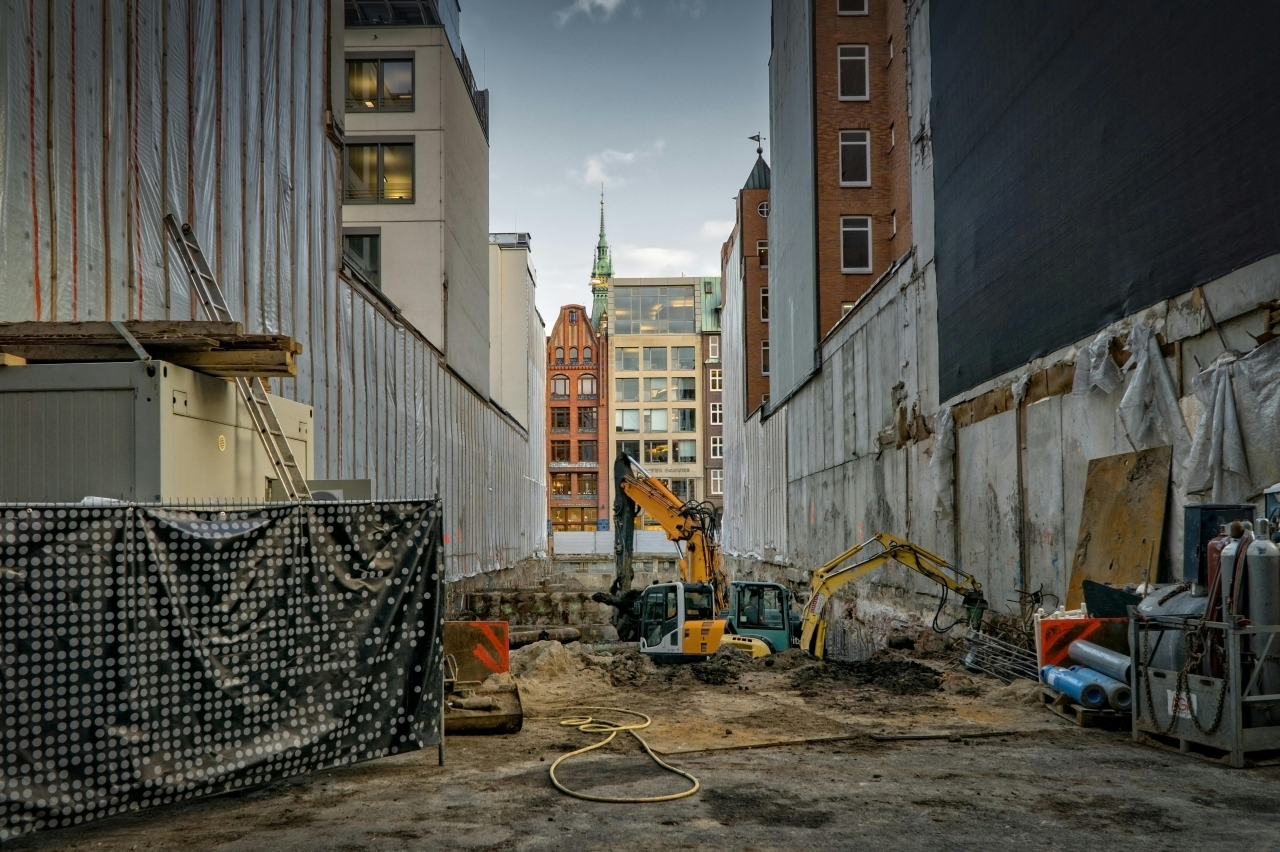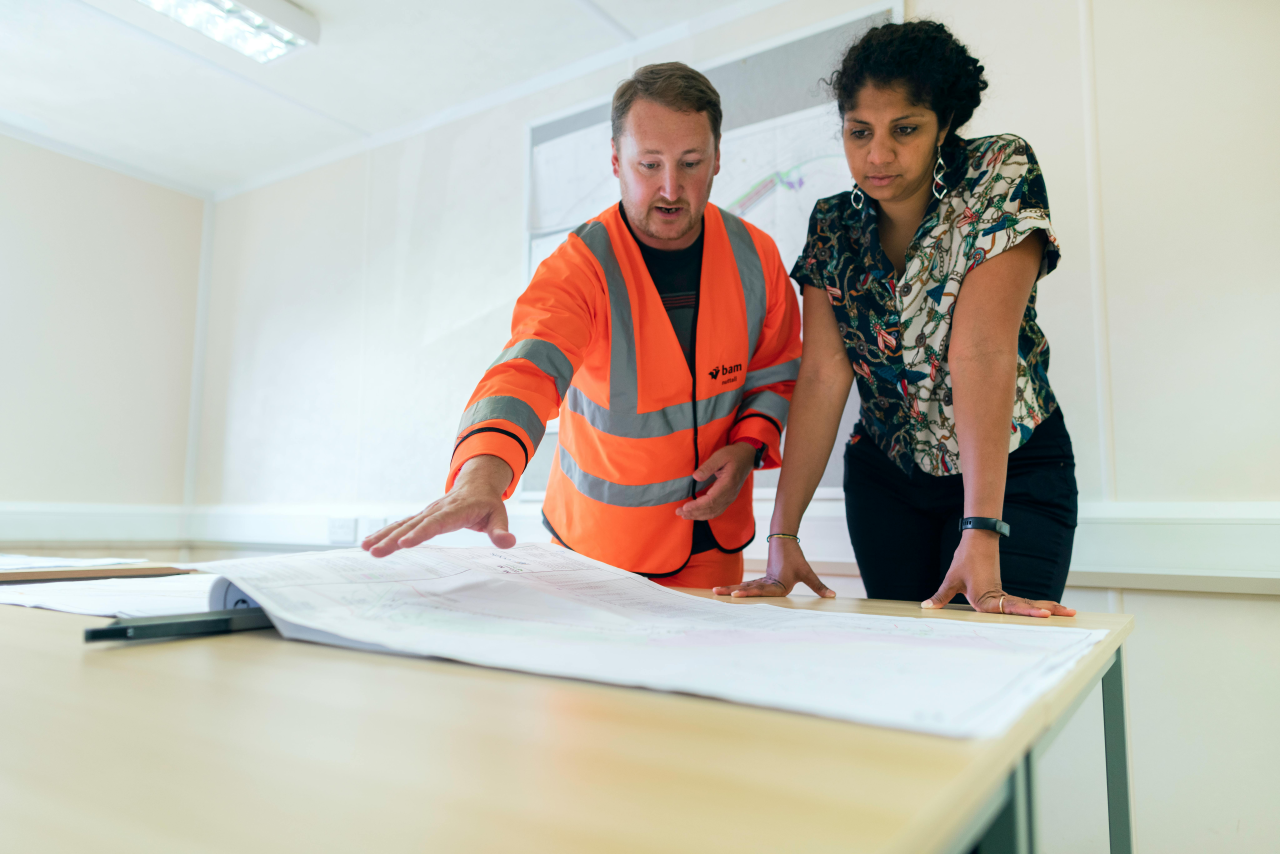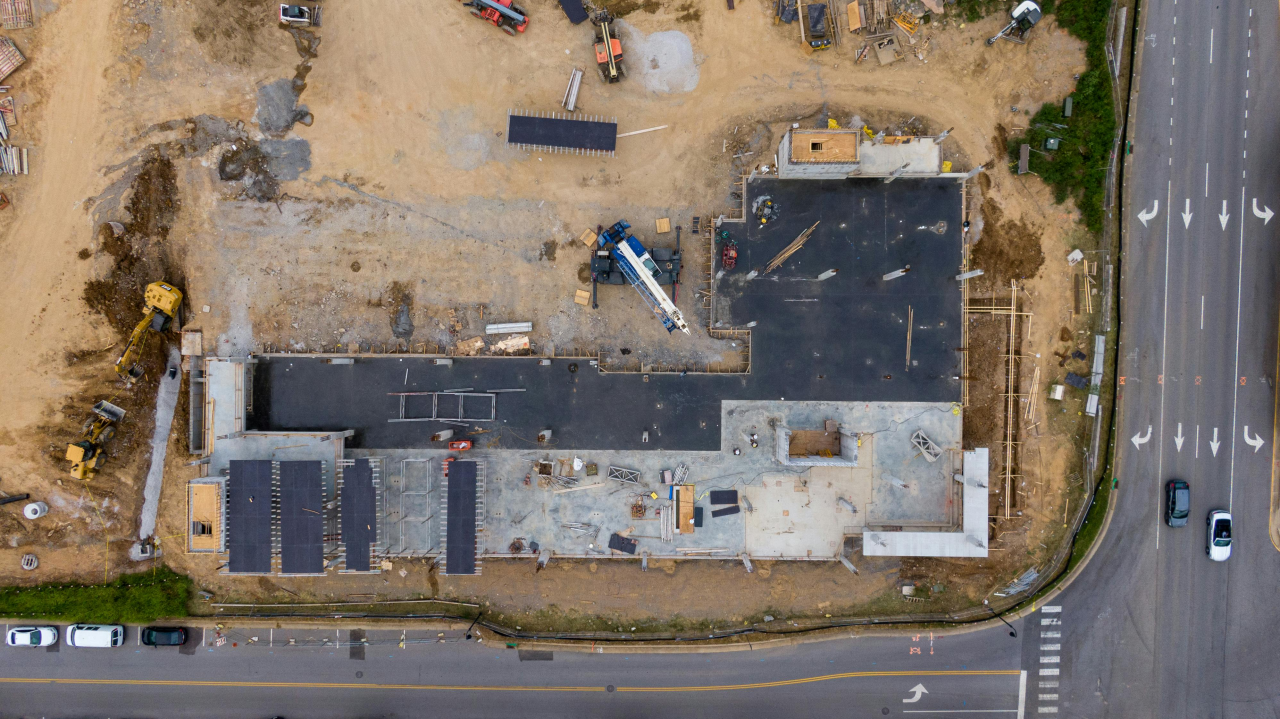
AI in Construction:
Your Competitive Edge in a $22 Trillion Industry
The Construction Industry's AI Revolution: Enhancing Human Expertise
The construction industry faces a compelling paradox. While global construction spending is projected to reach $22 trillion by 2040, industry productivity has declined by 8% in the last two years alone. This stark contrast between growth potential and efficiency challenges presents a unique opportunity for forward-thinking construction companies.
The scope of this crisis becomes clear when comparing construction to other sectors. Manufacturing has achieved a 90% productivity improvement since 2000, while construction has managed just a 10% gain. The consequences are severe: 44% of construction projects end at a loss, with large projects typically running 20% behind schedule and facing budget overruns up to 80%.
Adding to these challenges, the industry faces an acute labor shortage. U.S. construction vacancies have nearly doubled from 200,000 to 380,000 between 2017 and 2023. However, this workforce challenge has become a catalyst for innovation, particularly in artificial intelligence solutions that enhance rather than replace human capabilities.
AI as an Enhancement Tool
The key distinction of construction AI lies in its role as an enhancement tool rather than a replacement technology. Consider daily reporting: traditionally, supervisors must return to their trailers to document site changes, often trying to recall an entire day's observations at shift's end. AI-powered voice tools transform this process, allowing supervisors to speak observations throughout the day while maintaining their crucial field presence. The system automatically transcribes notes, categorizes issues, and flags potential risks.
Safety monitoring provides another powerful example of AI complementing human expertise. While experienced supervisors remain essential for identifying and addressing safety concerns, they can't monitor everything simultaneously. AI systems can analyze thousands of site photos daily, identifying potential hazards that might be missed during routine inspections. These systems don't make independent decisions; they alert human supervisors who apply their judgment and experience to address identified issues.
The Competitive Advantage
Early AI adoption offers advantages beyond operational efficiency. Construction companies leveraging AI can bid more competitively while maintaining healthy profit margins, thanks to deeper insights into project risks and requirements. This technological edge enables more accurate predictions of potential delays, material needs, and labor requirements, leading to more precise and confident bidding; particularly valuable in an industry known for thin margins.
The Path Forward
The construction industry's technological transformation is accelerating. While construction's R&D spending currently lags behind other industries at less than 1% of revenues (compared to 3.5-4.5% in automotive and aerospace sectors), investment is surging. Between 2020 and 2022, venture capital and private equity funds invested $50 billion in construction technologies; an 85% increase from the previous three years.
Successful AI implementation doesn't require a complete operational overhaul. Leading companies are taking a measured approach, starting with high-impact areas like scheduling or daily reporting. They carefully track results, document learnings, and gradually expand their AI initiatives while maintaining focus on their core mission: delivering quality projects on time and within budget.
Conclusion
The future of construction belongs to companies that successfully balance proven expertise with technological innovation. AI isn't replacing traditional construction knowledge; it's amplifying it. As the industry grows toward that $22 trillion milestone, the companies that thrive will be those that embrace AI as an enhancement to traditional practices. The technology is ready, investment is flowing, and the opportunity is clear. The question isn't whether the industry will transform, but who will lead that transformation.
Learn More
Discover how Mantic can help your company leverage AI:


